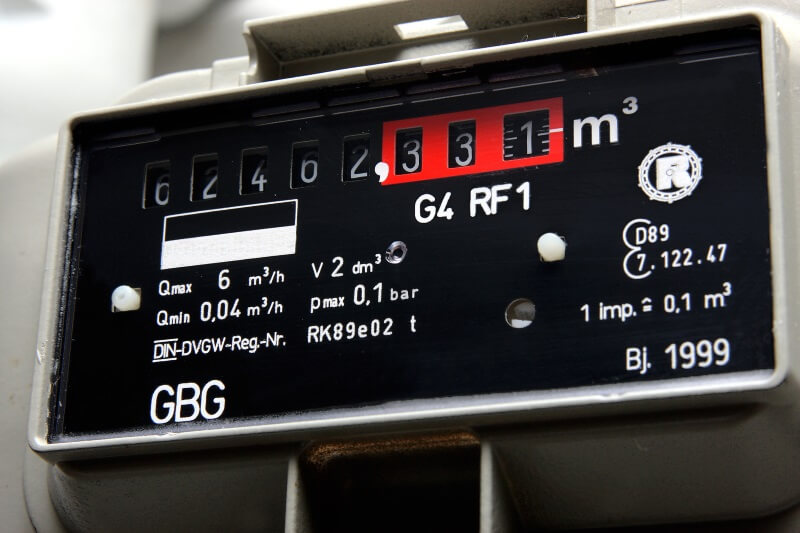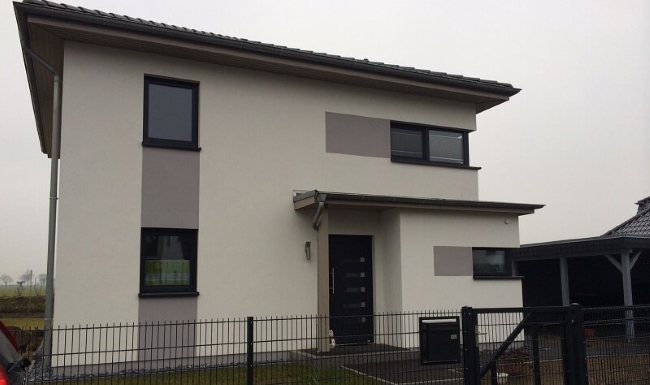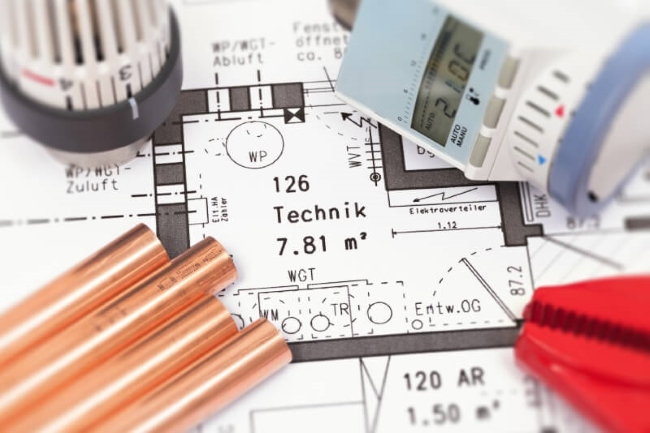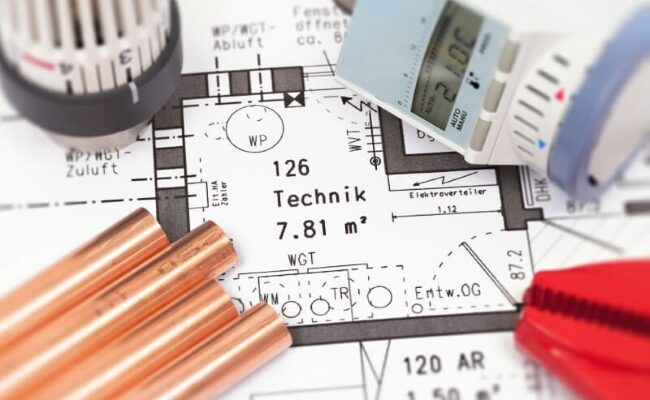These heating systems are still one of the most popular types of heating in Germany and are mainly found in older buildings. Oil burners are powered by oil tanks, usually installed in the basement. Owners of an oil stove can decide for themselves when and who to have the oil tank filled. Unfortunately, this requires obligation Fuel oil tank with easily accessible filler neck also a lot of space. Furthermore, regular heating maintenance and boiler cleaning by specialized companies is essential. The unpredictability of the oil price is also a factor that argues against heating with oil.
Heating with oil releases a lot of carbon dioxide; Furthermore, the oil resource is becoming increasingly scarce. If you want to heat with oil in a more climate-friendly way, you should combine the heating system with renewable energy sources. Contemporary Oil heating with condensation technology take advantage of condensation and exhaust heat. Condensing boilers cool the exhaust gases produced by burning oil so that water is created from the water vapor. The heat released can then be reused in the heating system. At the same time you can couple your oil heating system with a hot water tank. To ensure that storage and heating work together optimally, manufacturers offer these modern heaters as sophisticated systems.
Gas heating performs slightly better than heating systems

Instead of using oil, gas heating generates heat using combustible gases such as natural gas, propane, butane or biogas. The pump system uses a carrier medium such as water or air to transfer the generated heat to the building’s radiators. Like oil, gas is a fossil fuel; Its combustion is not necessarily more environmentally friendly than that of oil, but its extraction and refining certainly are. A little more climate friendly it is therefore gas heating. Unlike diesel tanks, gas heaters don’t require much space. You can place them almost anywhere in your home.
Oil and gas prices were once linked to each other: since 2010 this linking clause no longer exists. While the price of diesel fluctuates greatly, that of gas is rather stable. The price of oil is currently lower than that of gas, but the situation can change very quickly. Modern gas heaters also use condensing heating technology. In this way you can make optimal use of the energy content of the fuel, also thanks to the possibility of preparing hot water. By combining it with solar thermal energy you can also save on gas consumption. For these heating systems it is also possible to receive funding from the State (keyword EnEv!).
Gas condensation technology is quite sophisticated and, together with district heating, offers the cheapest entry point for a new purchase. Thanks to today’s very well insulated building envelope, this is also the case here Total consumption has decreased significantly. Unfortunately, in the calculation of the energy balance, in our opinion the systems are evaluated worse than they deserve.
Electric heating is only useful for rooms that are rarely used
In the case of electric heating there are two different models: direct heating and storage heating. When you turn on direct heaters, they generate heat immediately and without lead time. Examples that everyone knows are fan heaters and radiators. But also Infrared heaters are considered direct heating. The advantage of this heater is that you can quickly heat rarely used rooms. The infrared heater is also available in cute designs and can beautify your living space, for example disguised as a mural.
Examples of storage heaters include: Night-time thermal accumulator or surface thermal accumulator. These devices collect heat at night, then release it again during the day. This means that you will benefit from nightly electricity rates, but since electricity prices and energy needs are high, you will definitely not save on heating costs with this heater. Furthermore, CO2 emissions amount to an impressive 600 g per kWh. Just for comparison: for diesel it is 302 g – for gas it is 244 g; Electric heaters are therefore not necessarily energy efficient heating systems. The advantages of all electric heaters are that they require almost no maintenance and have low investment costs.
latest posts published

The basement as an ideal place for a home sauna

Building a condo is a breeze | What’s behind a condominium?

Splash protection for facades – that’s why it makes sense

How to design your home with a covered garage

Build savings in times of low interest rates

Useful information on property drainage | Considerations during construction

Interior wall plaster in brief

Heating with oil, gas or electricity

Foil as desired | Oknoplast


